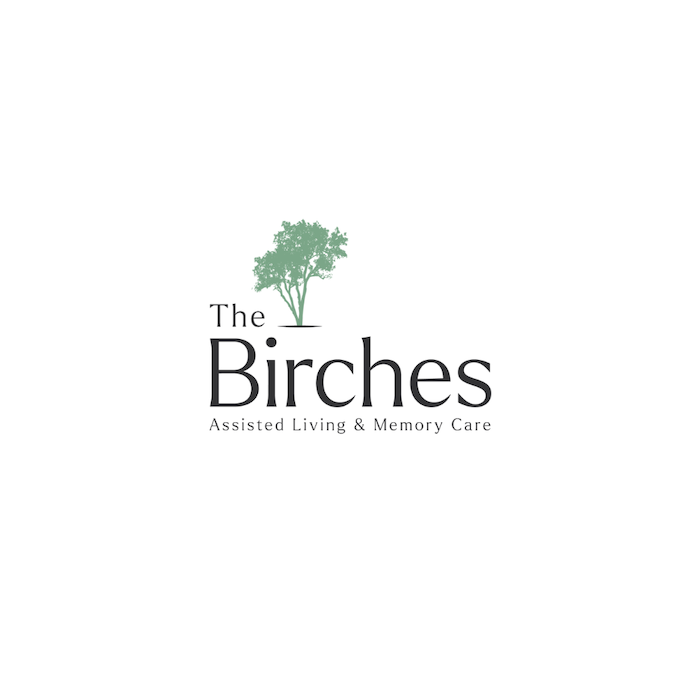Unless you’re ill or of a certain age, you probably haven’t completed advance directives. In fact, you may not even know what advance directives are.
Advance directives are legal documents that outline your wishes for end-of-life care. Why is it a good idea to complete these documents no matter what your age or health status?
Well, because no one can predict the future. And completing advance directives while you’re still healthy can save your loved ones a lot of stress and guarantee that you receive the level of care that you want—whether you’re 18 or 80.
Types of Advance Directives
There are several types of advance directives, and you may not need them all at every point in your life. The type of advance directives available to you also depends on where you live.
In Illinois, there are four:
Health care power of attorney
Health care power of attorney identifies someone as your health agent. That means, should you be unable to make healthcare decisions for yourself, you’d have a person to do that for you. According to Rachael Telleen, the Advance Care Planning Advocate for JourneyCare, the largest nonprofit provider of end-of-life care in Illinois, this is the most important advance directive to have no matter what your age.
“Everyone over the age of 18 should identify someone as their health agent. It’s much, much easier to do this when you’re healthy. There’s a lot less stress than if you wait until you’re diagnosed with a serious illness,” said Telleen.
Practitioner Orders For Life-Sustaining Treatment (POLST) (formerly Do-Not-Resuscitate (DNR))
A Practitioner Orders For Life-Sustaining Treatment (POLST) form states that you don’t want CPR if your heart and/or breathing stops. This form requires a doctor’s signature and is typically only filled out by people with serious illnesses.
Living will
A living will is a document that outlines the death-delaying procedures you’d like if you develop a life-threatening condition. Death-delaying procedures include things like kidney dialysis, respirators, blood transfusions, surgery and chemo. Two people must witness you sign a living will. And if you have a living will and a health care power of attorney, decisions about death-delaying procedures will ultimately be made by the person you named as your health agent.
Mental health treatment preference declaration
A mental health treatment preference declaration specifies what type of mental health treatment you’d like if you’re ever unable to make that decision for yourself. More specifically, it says whether you’d like to receive electroconvulsive treatment (ECT) or psychotropic medicine. It also specifies whether you’d like to stay in a mental health facility for up to 17 days. You can use this document solely to specify your mental health treatment preferences or you can also use it to name an attorney-in-fact, the person you’d like to make mental health treatment decisions for you.
How to Complete Your Health Care Power of Attorney
Not every advance directive is necessary for every person, but the health care power of attorney is the one directive that all adults should complete regardless of age or health.
Completing your health care power of attorney doesn’t require the help of an attorney. But many people do it in an attorney’s office anyway. Rachael Telleen, however, thinks completing this document in an attorney’s office sometimes prevents the level of consideration necessary to choose the best health agent.
“Many times, health care power of attorney is completed in an attorney’s office and if you’re married, your spouse is your healthcare power of attorney. That might be okay. But it might not,” said Telleen. “You really need to think about who the right person is for you. Who is the person that would absolutely be able to follow your wishes and understands what your wishes are.”
Telleen says your spouse may not be the best person to choose as your healthcare power of attorney due to age, health or emotional distress or a variety of other reasons. The only way to decide who is your best choice is through careful consideration and a candid conversation with your family.
Once you decide who will be your health agent, you can complete your health care power of attorney by filling out the Illinois healthcare power of attorney form or something called the Five Wishes form, which legally documents your medical treatment, comfort and care wishes.
Talking About Advance Directives with Your Family
No one likes thinking about death and illness, so it can be hard to get your family to talk to you about advance directives like healthcare power of attorney.
How can you open the lines of communication about end-of-life wishes with resistant family members?
Rachael Telleen says you can start by keeping the conversation from getting dark. Focus on how documenting your wishes and their wishes will help everyone lead a better life, one with less stress and worry.
“You don’t have to do it in a morbid, depressing way,” said Telleen. “Just ask…what’s important? What are the things we should know, so that if something happened, we would know what your wishes were? It’s not how do you want to die, but how do you want to live.”
If you’re struggling to get a family member to complete their healthcare power of attorney or other advance directives, Telleen has one other piece of advice— lead by example.
If you want your parents to complete their advance directives, show them that you’ve completed yours and tell them why you did it—so your spouse, children and family members are prepared should anything happen to you.
“Even if nobody fills out an official form, start that conversation with your family,” said Telleen. “So, your loved ones are confident that they know what you want. Otherwise, there’s massive amounts of stress. If you really love your family, this is something you should provide them.”

